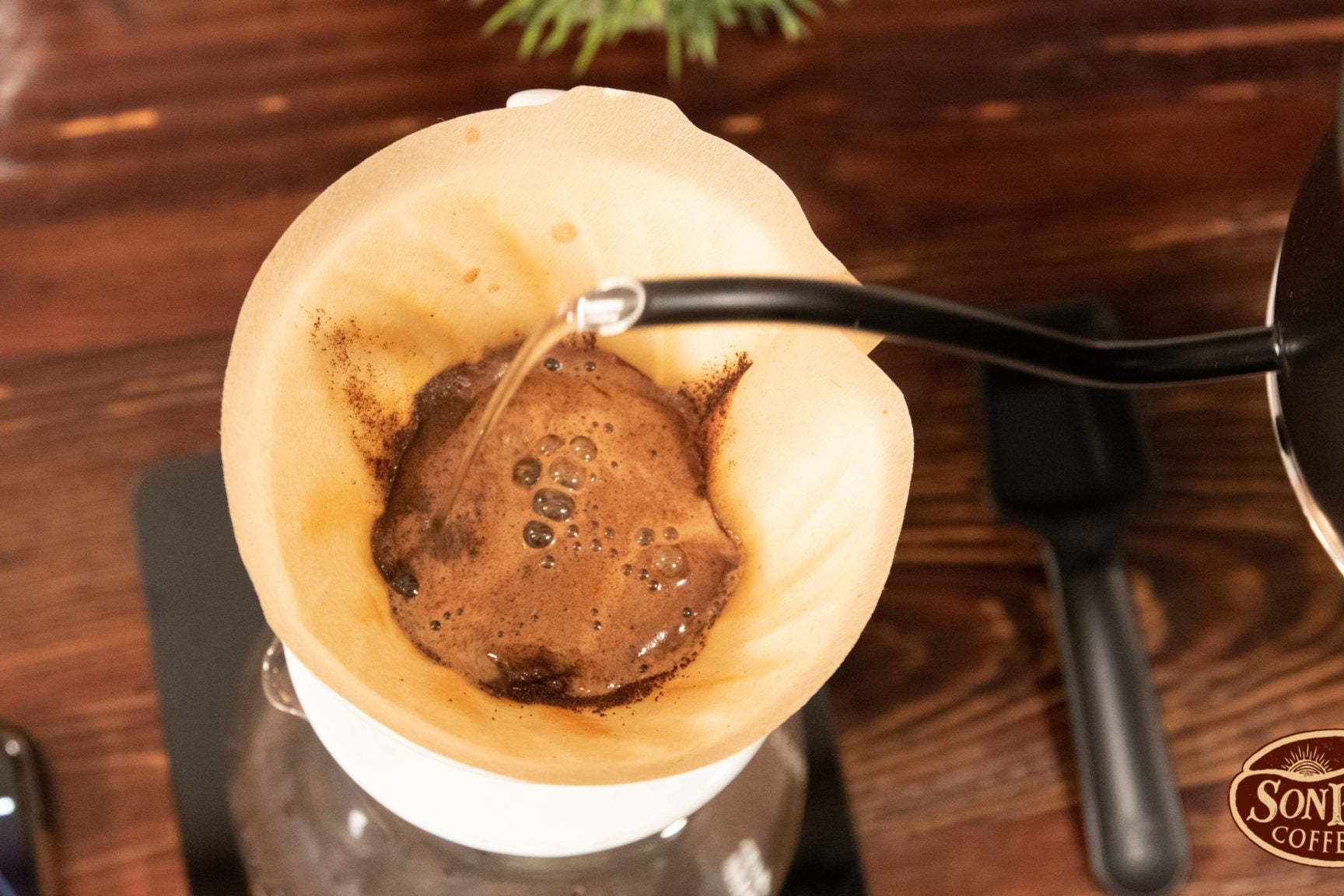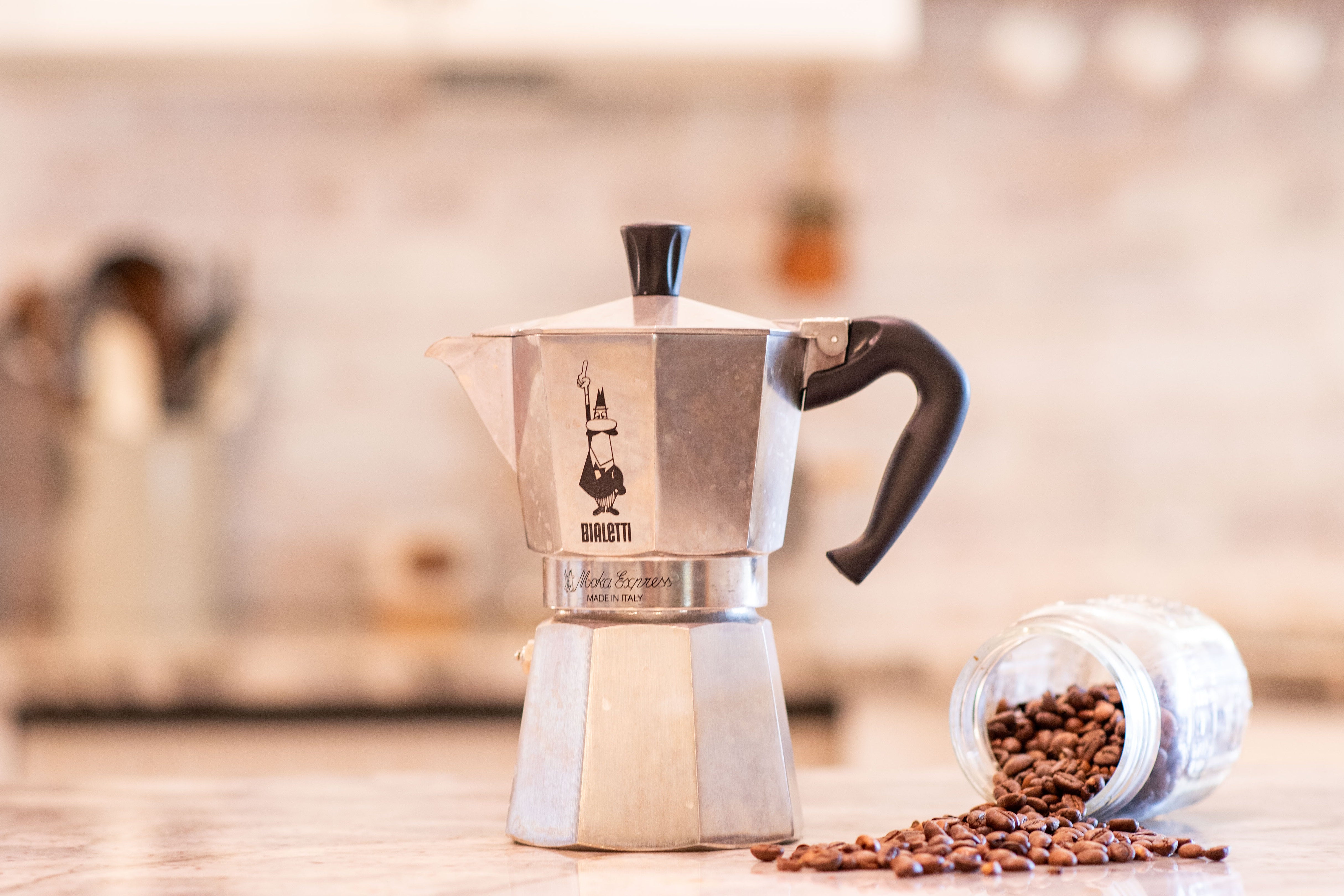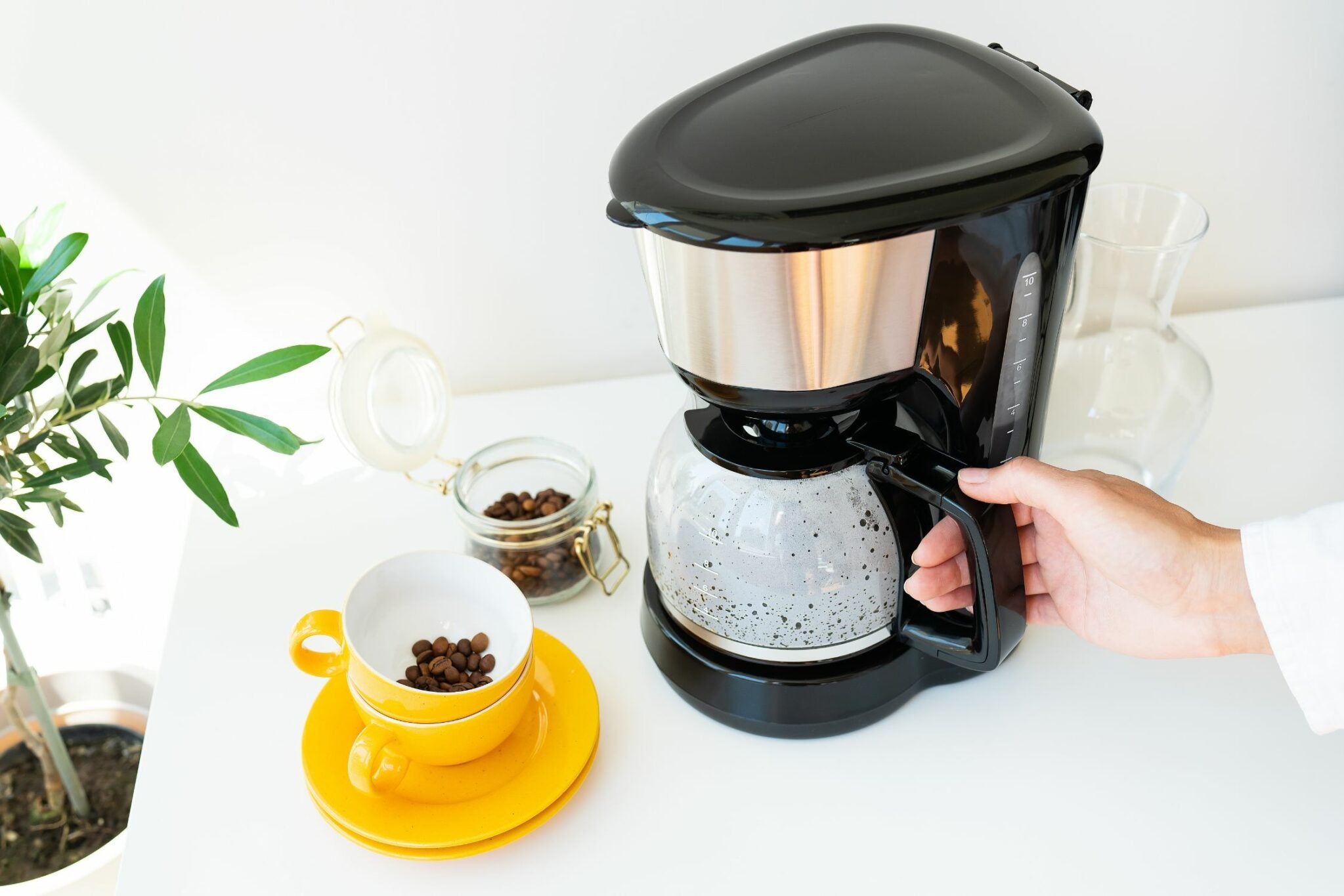French Press coffee has been around for over a century and is still one of the most popular ways to brew a cup of coffee. While French Press coffee can easily be over extracted, strong, bitter and muddy, when done right (which really isn’t that difficult), french press coffee will give you a robust, strong cup of joe that is guaranteed to make your taste buds sing.
But what is the trick? Well, we’re here to teach you how to make french press coffee.

*Just wanted to let you know that most of the products that we have linked in this article are Amazon affiliate links, which simply means that we get a small commission on any product that you purchase when you use the links on this article. But we highly recommend the products and only want you to have the best! So thank you!
What Is French Press Coffee?
French press coffee is made by combining coarse ground coffee and hot water in a canister, and when it’s brewed, pressing the grounds to the bottom with a metal screen and plunger.
The french press has a number of other names, including the coffee press, coffee plunger, or best, la cafetiére.
Now that we know what it is, lets dig into how to make French Press Coffee.

What is the Ideal Coffee to Water Ratio For French Press Coffee
A very important element when talking about how to make French Press Coffee is the coffee to water ratio. The ideal ratio is primarily determined by individual preference, but a general consensus would be 1:15 coffee to water. You can adjust this to make your coffee stronger or more mild to fit your tastebuds. Below is a simple table that explains our ideal coffee to water ratio.
Coffee to Water Ratio: Customary Units
| Coffee | Water |
| 2 tbsp | 6 oz |
| 3 tbsp | 8 oz |
| 4 tbsp | 12 oz |
| 5 tbsp | 16 oz |
| 13 tbsp | 40 oz |
Coffee to Water Ratio: Metric Units
| Coffee | Water |
| 12 grams | 178 grams |
| 16 grams | 237 grams |
| 24 grams | 355 grams |
| 79 grams | 473 grams |
| 13 tbsp | 1183 grams |
Items You Need for French Press Coffee
Quality, fresh coffee beans
The key to every good cup of coffee is starting with high-quality, fresh roasted, whole bean coffee. The fresher the coffee is, the better the end result will be.
Unfortunately, conventional coffee is one of the most sprayed and pesticide laden plants. And the alternative is Organic coffee.
WHY ORGANIC COFFEE?

Are you a coffee drinker? If so, then you have probably heard the rave about organic coffee and are wondering what is organic coffee and is it truly better? This becomes especially important to you because who would want to miss out on something good? No one
So here’s what the rave is all about.
What is organic coffee? Organic coffee is coffee that is made and produced without using any synthetic fertilizers, pesticides, or herbicides. Any fertilizer used must be completely organic such as chicken manure, coffee pulp, or just general compost. Secondly, the soil must be cultivated organically for 3 years for the soil to be considered organic.
Is organic coffee better? In short, yes! Because of the lack of synthetic fertilizers and the natural ingredients in organic coffee, organic coffee has been known to be a better option than conventional coffee. Conventional coffee is one of the most heavily treated foods with synthetic fertilizers, which can be highly toxic and detrimental to human health. There are numerous factors though that go into what makes organic coffee better. In this blog, we will discuss 3 things that make organic coffee better than conventional coffee.
READ ON
3 Things That Makes Organic Coffee Better Than Conventional Coffee
1. No synthetic Fertilizers
 |
Organic coffee has no synthetic fertilizers throughout its farming process, therefore making it organic. Why is this better? Synthetic fertilizers are known to be highly toxic and can be detrimental to human health, therefore the absence of synthetic fertilizers becomes a benefit to you and our planet. |
The use of synthetic fertilizers can seep beneath the soil and begin to contaminate water that consumers use for consumption. Synthetic fertilizers can also affect the human endocrine and immune systems, as well as promote the development of cancer as referenced by the International Journal of Agriculture, Environment and Biotechnology. Be sure to check out their article on Effects of Chemical Fertilizers and Pesticides on Human Health and Environment: A Review.
READ ON
2. Environmentally Sustainable
 |
Excess amounts of synthetic fertilizers can run off into other aquatic sources such as streams, rivers, ponds, lakes, and even coastal areas which can lead to pollution of our waterways which can kill aquatic life. How does this impact you? Fish that we eat that has become diseased by ingesting pesticide is what can also make humans ill. This cycle becomes a full-circle repetitive cycle. |
You can learn more about this cycle by reading “How Fertilizers Harm Earth More Than Help Your Lawn” by Scientific American. Using natural fertilizers helps to restore nutrients back into the soil in for replanting, therefore being a more sustainable practice.
READ ON
3. Known to Promote Positive Health Benefits
 |
Organic coffee, in its lack of synthetic chemicals, leads to health benefits for the consumer. The lack of synthetic chemicals leaves your organic coffee with more vitamins and minerals than conventional coffee. Coffee also “contains antioxidants and other active substances that may reduce internal inflammation and protect against disease” according to Johns Hopkins University School of Medicine in their article 9 Reasons Why (the Right Amount of) Coffee Is Good for You. |
Organic coffee, in its natural ingredients, can offer you health benefits making it a more desirable option than traditional coffee.
So What Now?
So, there you have it! Hopefully, now you have a better understanding of organic coffee. In short, it is important to understand that organic coffee being free of harmful synthetic fertilizers is key to what makes it a healthier beverage choice than conventional coffee. Coffee is a widely popular beverage and commonly consumed. Therefore, it is especially important to know what is in your cup of coffee.
Have you tried organic coffee before? If not, be sure to check out our selection of organic coffee to see what might suit your taste. If you are not a coffee drinker, be sure to check out our selection of organic tea also that you might find enjoyable.
Cheers to A Good Cup of Coffee!
ORGANIC COFFEE & TEA






